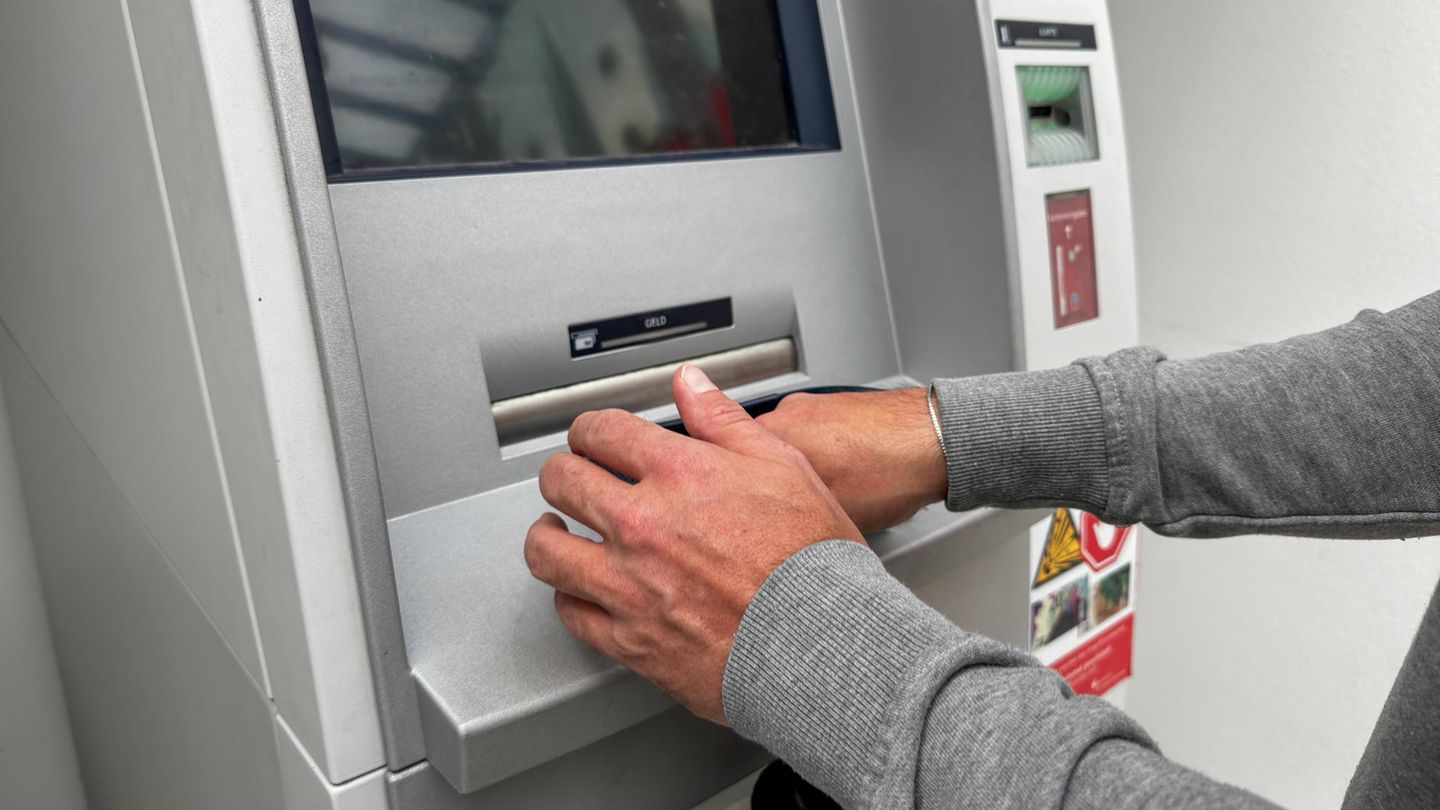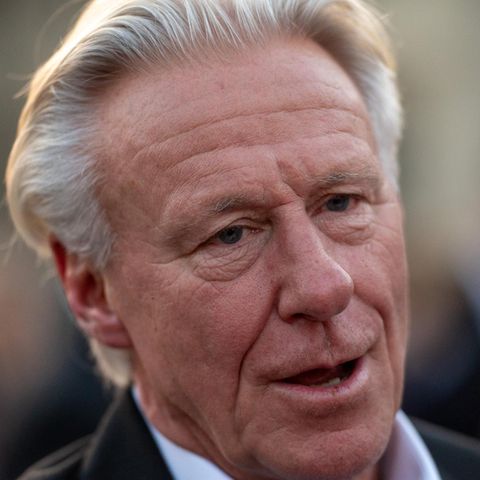It was a decisive factor: Volkswagen’s expansion into China. Ex-CEO Carl H. Hahn was responsible for the decision. Now he is dead.
The Chinese market? Many found it uninteresting and anything but a good idea. But Volkswagen pushed ahead with entering China in the early 1980s. Responsible at that time: the former Volkswagen CEO Carl H. Hahn.
“Fortunately for us, hardly anyone was interested in going there at the time,” Hahn told the VW employee newspaper “Inside” at the age of 92. There were plenty of critics of the decision, including politicians, but developments proved him right: China developed into the Group’s most important individual market – and Hahn turned Volkswagen into a global corporation. The former VW boss died on Saturday at the age of 96.
Who doesn’t remember the first Santana, the boxy ’80s car that was once intended to be some sort of premium Passat? The concept did not necessarily catch on in Europe and especially in Germany, but it did in China from 1983. “With only 5,000 vehicles sold, we had a market share of 27 percent practically overnight in the first year,” recalled Hahn. The former VW boss refuted his critics from business and politics: “They all thought I was crazy.” A former head of a German company said in the presence of Chancellor Helmut Kohl that “the rooster” was sinking 100 million dollars with the communists.
Relevance of the Chinese market
There is still criticism of VW’s involvement in China today – especially because of the factory in the Uyghur region of Xinjiang. But there is no doubt about the country’s economic importance for the group. The country in the Far East is the most important market for Volkswagen. At the beginning of 2019, the then CEO Herbert Diess declared the China business a top priority. “Volkswagen’s future will be decided on the Chinese market,” said Diess at the time.
For this, Diess received applause from one of his predecessors – Carl Hahn. Although VW has an excellent position in the country thanks to its early entry, this position must be defended: “When it comes to electromobility, the Chinese are ahead of the world,” he emphasized. On his 95th birthday, he confessed that in hindsight it was difficult to understand why the advantages of electric mobility had been misunderstood for so long. Again and again, the German car manufacturers have been accused of having missed out on electromobility.
Hahn, who was born in Chemnitz in 1926, began his career at Volkswagen in 1954 as head of export promotion. From 1959 to 1964 he headed the American division of VW. Back in Wolfsburg in 1965 he became a member of the board and head of sales for the group. After differences about the independence of Audi with the then VW boss Rudolf Leiding, there was a break: Hahn left the car company and took over the management of the then Continental-Gummi-Werke AG in Hanover in 1973.
Largest car company in Europe under Hahn’s leadership
Just as surprisingly as he left Wolfsburg, he returned in 1982 as VW CEO. Under his leadership, VW became the largest car group in Europe and globalization began: After entering China in 1982, Seat was taken over in 1986, in 1989 VW started business in the former GDR and in Eastern Europe, and in 1991 the company took over the Czech car manufacturer Skoda . In 1992 Hahn handed over his office to Ferdinand Piëch, who later became known as the “VW Patriarch”. Hahn was a member of the VW supervisory board until 1997.
Volkswagen works council chief Daniela Cavallo described Hahn as an “exceptional personality” to whom the group owes a lot. “Because during his time as CEO, Carl Hahn paved the way for success with his strategic foresight, his sense of opportunity and his entrepreneurial courage, which still characterizes our company today,” she emphasized. His merits also include the early deployment in Saxony. The Lord Mayor of Chemnitz, Sven Schulze, praised Hahn as a “great entrepreneur and person who has always remained connected to his home town”. The SPD politician wrote that Hahn made a significant contribution to the automotive location being able to reposition itself after 1990. Hahn received honorary citizenship from the city in 1994 for his commitment to the region.
Even after leaving the VW Group, Hahn, who was married and had four children, was in demand as an author and speaker. In Wolfsburg, which had become his home, Hahn sat on the board of trustees of the art museum that he helped initiate. There he had an office in which his numerous appointments, which he also had as a pensioner, were coordinated. Numerous photos in his study, not only those of his family, documented his eventful life: the former Prince Charles, Steffi Graf, Boris Yeltsin – he met them all.
Source: Stern
Jane Stock is a technology author, who has written for 24 Hours World. She writes about the latest in technology news and trends, and is always on the lookout for new and innovative ways to improve his audience’s experience.




